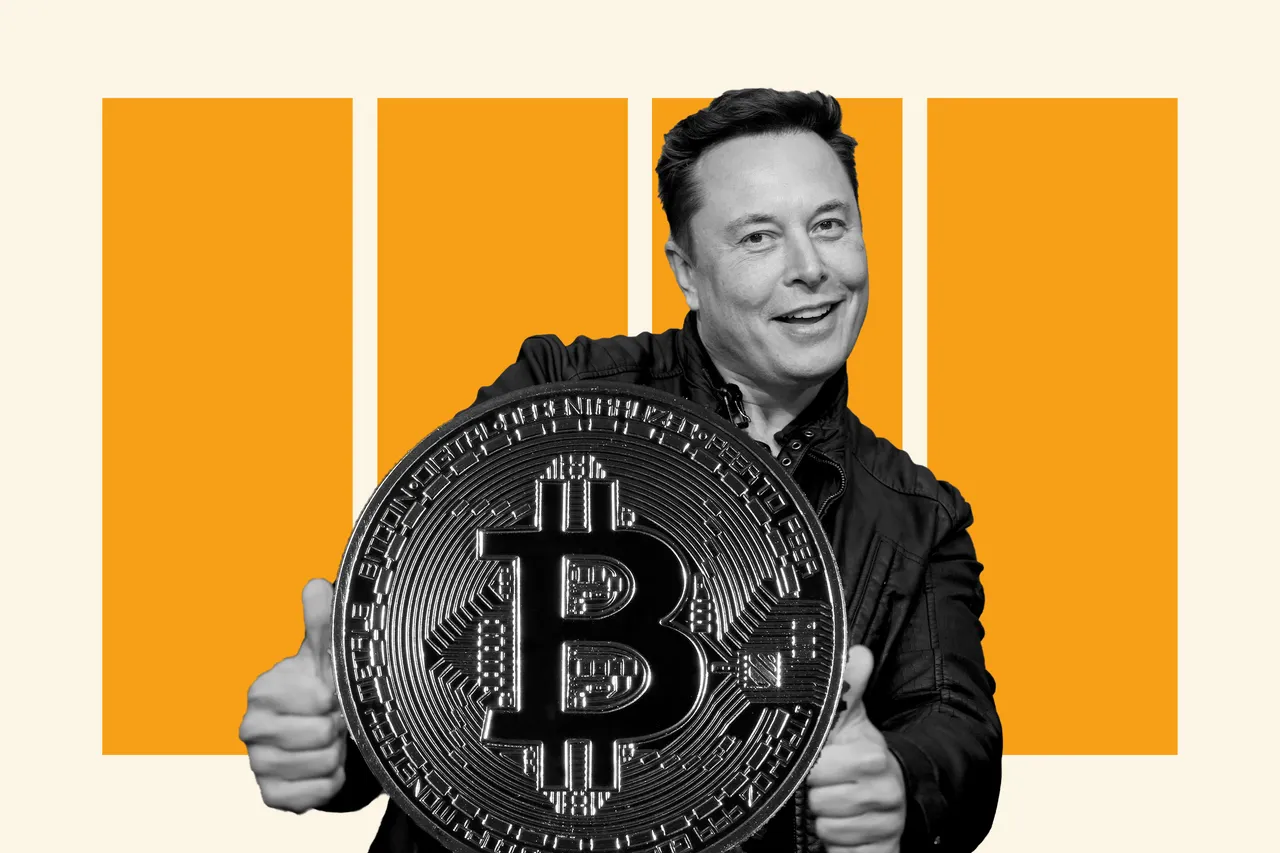
I’ll never forget how intimidated I was the first time I bought Bitcoin. I can still put myself back in that little currency exchange shop all those years ago, sweat beading on the back of my neck as the minutes ticked by and I waited for the transaction to go through. I couldn’t help wondering — did I just dump my money down the drain?
Bitcoin has moved into the mainstream in the six years since my introduction (as the Coinbase IPO attests), but its complexity can still be intimidating for the average person, leaving many new investors on the sidelines. That's a shame: From the beginning, cryptocurrency was intended to democratize access to financial tools without requiring intermediaries like banks or governments.
Bitcoin came along at a fitting time, in the wake of the 2008 global financial crash — when banks were bailed out by governments while the rest of us were left to face the consequences on our own. More than a decade later, we’re suffering through another crisis wherein manipulation of the global economic system has produced pronounced disparities between asset-holding classes and everyone else.
A 2018 survey found that about 40 percent of Americans had no interest in cryptocurrency and only one in ten had invested in it. While Bitcoin’s subsequent rise has likely pushed the needle, we still have work to do to convince people they should care. This is what I tell them: Bitcoin is here to stay.
It’s being offered by mainstream institutions like Morgan Stanley, Goldman Sachs and Fidelity as a powerful investment tool. Visa just launched the Bitcoin Rewards Credit Card, which allows cardholders to get 1.5 percent cash back on purchases that are converted to Bitcoin. Tesla is diving in with a $1.5 billion investment and has joined a growing list of companies accepting Bitcoin as a payment method — along with Microsoft, AT&T, BMW and even KFC.
Cryptocurrency is quickly developing into an asset class for the future. The total value of Bitcoin on the market has grown thousandfold in eight years and now sits around $1 trillion. The ebbs and flows of Bitcoin have made potential investors wary, rightfully so at times. But now even financial giants like JP Morgan are acknowledging the volatility is leveling off, and it’s drawing legitimate comparisons to gold as a hedge in uncertain times.
Does it come without risk? Of course not. Elon Musk can afford to lose a large investment. The average person would be devastated if his or her position took a comparable dive. But investing in anything — equities, mutual funds, gold, etc. — comes with inherent risks. What’s critical is understanding those risks and making informed decisions.
